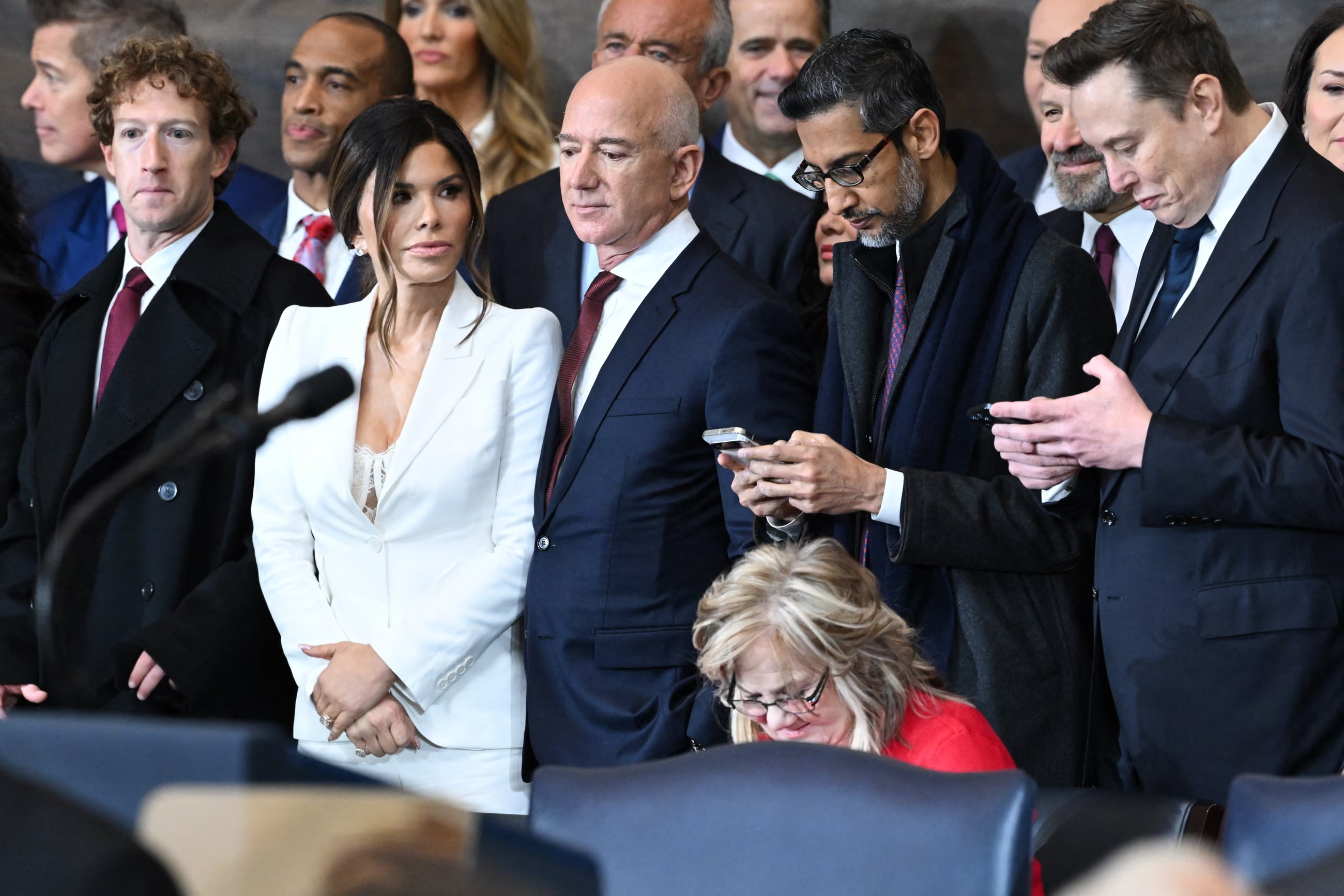
International Revolutionary Convergence V.1, Aug. 2020
[this article has been translated from German]
Germany is the European country with the biggest bail-out packages linked to the Covid crisis. Even though some measures have eased social emergencies, for example the temporary decrease to the sales tax (“Value Added Tax”) that helps poorer households, the crisis and the political reactions of businesses and the government will massively increase the class divides in Germany. While the majority of the billion-dollar bailout packages ends up in the pockets of the biggest businesses, the results of the crisis for the working class are worsening working conditions and unemployment.
The Overall Health Impact
Today, the infection statistics are relatively low, at least if you look at the entire German territory. As of July 9th, there has been about 200,000 confirmed cases since the beginning of the pandemic, 184,000 of which have recovered, which leaves 9,045 confirmed deaths.
The health measures and restrictions have been eased nationwide, and the experts of the different economic research institutions estimate that the worst moment of the economic crisis is past us.
Nevertheless it appears more and more clearly that the infection risk in sectors with particularly bad working and living conditions is much higher for those working there. The ongoing scandal around the Tönnies meat industry shows all the atrocities of capitalism in detail. Tönnies operates the largest butchery in Europe, in the middle of Germany. With only part of the production destined for the German market, like most big businesses, Tönnies exports and expands onto other markets. Their next objective is the Chinese market. Their workers mostly come from Eastern Europe. The precarious living and working conditions in the industry have been known for a long time, and the promises to improve them are endless.
During the entire Covid crisis, Tönnies continued production with the help of legal exemptions from the authorities. Even distancing measures weren’t required, as Tönnies was deemed “systemically relevant” (or “essential”). Now a Covid outbreak among workers has forced local authorities to impose a lockdown of the entire district. And as an extra disgrace: their advisor during the crisis was the former leader of the Social Democrats and ex-secretary of economic affairs, Sigmar Gabriel, who received a flat monthly payment of €10,000 a month for his loyal services.
Even though the Covid outbreak in Germany never reached numbers that threatened to overwhelm the whole health system, medical experts expect a second wave to come in the Fall, if not before.
The Economic Impact
For the economy, the top priority ever since the beginning of the pandemic has been to restart production and to win back those “lost” months. The federation of employers, Gesamtmetall, expects the German industry to arise from the crisis “stronger than before.”
In the second half of march, the GDP declined 15 percent. Forecasts predict the economy to grow again from the third quarter on, leading to an overall loss of 7.1 percent. Business representatives haven’t failed to use the excuse of this economic “catastrophe” to push for state financing and a deterioration of working conditions. With the everlasting threat of massive cuts — which has already become a fact in many cases — they want to create an atmosphere of fear and make workers accept even deeper cuts. It certainly is no help for the German working class that the unions — especially in the automobile industry — have supported and repeated a lot of the bosses’ demands.
When it comes to financial aid for businesses, Germany leads the way in Europe. As of June, the federal government had provided €1.2 trillion in financial aid. Some of those sums are indirect payments, but a lot of them are credits and guarantees. At the beginning of June, another stimulus fund of €130 billion was added. While some small businesses and self-employed people benefited from those funds, the vast majority went to big businesses.
Those have additional options, as is the case with the airline Lufthansa, which benefited from direct state funds amounting to €9 billion. Even more so, big businesses in Germany also have the possibility to profit from Covid assistance programs of the European Union and its vast number of institutions — so much so it becomes difficult to keep track. The German chancellor Merkel and the French president Macron just adopted a European stimulus fund of another €750 billion.
The economic crisis following the Covid pandemic has affected the German economy in different ways, depending on the sectors. Only a few big industries actually closed, and most of them only closed production lines as international supply lines were cut. Some had difficulties maintaining production because working parents had to take care of their children as there were no other options for childcare for a long time. Elsewhere, workers preferred staying home on sick leave instead of putting themselves at risk due to the absence of protection measures at work. But closures and production restrictions rarely lasted more than a few weeks. The automobile industry, one of the largest sectors in the country, with 800,000 workers, was already confronted with a crisis in automobile sales and high costs linked to the transition towards electric cars and a new computerization of its production. Even before the pandemic, nearly the entire industry had established job cuts and begun laying off hundreds of thousands of workers.
But don’t forget that during this so-called “crisis” year of 2019, Volkswagen actually increased its worldwide sales. And the biggest companies in the automobile industry nevertheless made huge profits, even increasing them in the case of Volkswagen. So if the automobile industry asks for government help and attacks workers’ rights in this crisis, the coronavirus once more serves as nothing else than an excuse to maintain, or even increase, its profits. That doesn’t mean there won’t be “losers,” with many businesses going bankrupt or disappearing, especially in the automobile parts industry. But that is a result of the relentless fight within the industry. The real “losers” are going to be the workers.
Impact on the workers: Short-time work and unemployment
As soon as the Covid crisis began, unemployment and short-time work increased.
“Short-time work” in Germany means that the employer tells workers to temporarily work less, or not work at all (the latter being called “short-time work ‘zero’”). The hours spent working are paid while the government compensates the rest by paying between 60% to 67% of a worker’s wage. During the Covid crisis, the government decided to increase that amount and pay between 70% to 77% if short-time work lasts more than three months, and 80% to 87% if it exceeds half a year. Formally, this “short-time work salary” is paid out of unemployment funds, in other words with parts of the monthly wage of a worker withdrawn from the government unemployment insurance. In a lot of big companies in the metal industry, in addition to the government’s payment, the employer covered the entirety of the rest of the wage, though this was hardly the case everywhere.
The wage losses are massive, especially in sectors where wages were already very low, and especially since low-wage sectors have vastly expanded in the last years in Germany. There are only approximate and temporary numbers concerning the extent of short-time work in the country. The federal job agency announced in June that 6.83 million people had received short-time compensation in April; for May, it announced 2.49 million people. All in all, one can estimate that one in five employed workers were subject to short-time work. The reduction in hours worked varied a lot; the average was about 50% cut in hours worked. In many cases, businesses simply used short-time work as a way to save money by having the the state pay part of the wages. Many people in Germany were outraged that even huge companies like Lufthansa or Volkswagen sent large numbers of their workers into short-time work and had the state pay for them. But the outrage didn’t express itself much, especially because of the absolute unity between bosses, unions and the government that presented it as the only solution. Considering the health risks, a lot of workers also certainly preferred it to the risk of contracting the virus by going into work.
Ever since March, unemployment has also been rising rapidly. In June the official unemployment was 6.2%, which means 2.85 million people. In the three months from March to May an additional 638,000 people became unemployed due to the crisis. Temporary workers were hit the hardest. There were massive layoffs in the catering and hotel industry, as well as in the metal and electrical industry. All forecasts predict unemployment to continue rising throughout the year (in tandem with the predicted “recovery” of the economy).
Not a single day passes without new layoffs announced by some big company. Often those are downsizing projects that were planned or even announced before the pandemic but have intensified since it hit. Businesses see the virus as a perfect occasion to increase pressure on workers, most recently from Lufthansa, easyJet and Airbus.
Unemployment hit migrant workers and young people especially hard. The latest numbers from Berlin are particularly alarming. A lot of people finished their apprenticeship during the summer. For years, companies have been increasingly reluctant to train and employ new young workers. Now, with the crisis, there are hardly any new hires in general. The doors are closed for the youth.
There are also plenty of temporary contracts that the bosses aren’t willing to renew since the crisis hit. New laws that make it easier to set up temporary contracts are especially concerning for young workers. Nowadays, around 41% of young workers are employed temporarily. A lot of college students also have existential worries. The majority of them have side jobs to earn a living, many in the sectors impacted by the pandemic. Often times their parents might be able to help, but they may also themselves be concerned about layoffs or short-time work. The virus may have hit the youth the least, but its economic consequences has hit them the hardest.
Attacks on workplace conditions, with the support of union leaderships
Businesses rapidly agreed on relaxing workers’ rights. This first concerned an expansion of work hours for “essential” jobs, for example in the health sector. But this only opened the door for more far-reaching demands. What we see now might only be the beginning. The federation of employers, Gesamtmetall, and especially those within the automobile sector, have written a paper on “proposals for the 2nd and 3rd phase of the Covid crisis.” These “proposals” are a declaration of class war: abandoning the climate protection rules, withdrawing the plans for a minimal pension, an extension of temporary contracts, more flexible short-time work regulations, working time extensions with shorter periods of rest, pension cuts, an extension of temporary and subcontracting work, restricting of rights of the Betriebsräte (work councils) concerning working time and worker’s protection, loosening the regulations for massive job cuts, and more. At the heart of their plans is loosening the safety requirements linked to the coronavirus (as they say, “in the end the virus is part of the normal risks of daily life”) and the flexibility of working hours. A list of demands that comes as anything but a surprise.
The role played by the union leaderships is absolutely scandalous. Not only did the leaders of the federation of employers and of the German Union Federation agree on a truce at the beginning of the crisis, but the unions unanimously supported short-time work and the demands for state stimulus funds. The metal industry union, IG Metall, demanded hand-in-hand with the automobile industry bosses that a subsidy be created for new car purchases, and seemed just as angry as the CEOs when the government proved unable to satisfy all demands of the automobile industry on the spot. Now IG Metall has signed — rather quickly and while avoiding much media attention — a collective labor agreement for one of the regional states most associated to the industry, Baden-Württemberg in south-western Germany. This agreement allows companies to cut wages by dropping shift bonuses and holiday pay. And temporary contracts in individual companies could be extended further. The IG Metall described the attack as a successful agreement because it avoids job cuts.
Using the excuse of supposed work protection measures, productivity has been increased while wages have been cut. In the automobile plants, the pressure increases. Where it didn’t exist before, shift work (running a company with more shifts) has been introduced, with the excuse of reducing the amount of workers present in the plant to apply distancing measures. Breaks have been canceled, break rooms closed. Work has to be done at home, with delays making it impossible to achieve prescribed targets. And companies have made it easier to impose more flexible work hours onto workers.
Economists are predicting a steady recovery from the fall onwards. We’ll see. But what also might rise at the same time is the curve of disappointment and outrage. The capitalist’s attacks are massive and concern all economic sectors. Short-time work might ease the anger and give an ounce of hope for a few months. But few believe short-time work and wage cuts will really save jobs. The Covid crisis showed that the union leadership, business leaders and all parties, including the Left Party, are in perfect unity. Anger and disappointment could discredit them altogether. Which way will the anger find to express itself then? That might be one of the most important tasks of the revolutionary left in Germany, even if it is still only poorly rooted in the working class.




